
Earlier this year, I gave the keynote speech at the annual conference of the Council of American Jewish Museums. The theme of the conference (as well as the prompt I received for my remarks) was “The Creativity Challenge.”
In my speech, I highlighted two primary challenges I believe demand the Tenement Museum’s full creativity in 2019. Number one is the historical moment we find ourselves in, in which the topic we address—immigration—has become one of the most discussed and divisive. The second is the advent of new technologies that are challenging traditional “brick and mortar” institutions in every industry, but also provide new ways to communicate and reach the public.
When I became president of the Tenement Museum in the summer of 2017, we faced a fantastic problem to have. The museum receives almost 300 thousand visitors a year to our two historic tenements on Orchard St., which means, as it currently stands, we are nearing the maximum amount of visitors we can practically host each year, forcing us to think of new ways to educate the public.
The question became clear: how do we take our education from within the walls of the museum to far beyond, for people who want to visit the museum but may never get to? Better yet, how do we reach people in every nook and cranny across the country; people who have never heard of or thought about visiting the museum? How can we engage even people who are indifferent to or disinterested in immigration?
Skip over related stories to continue reading articleFor these reasons, using technology and creative storytelling became a major part of the Tenement Museum’s five-year strategic plan launched last year, with the goal of reshaping the narrative around immigration in this country from one of fear to one of respect and admiration, while dramatically expanding the reach and impact of museum programming.
Our first foray into this ambitious goal is with our inaugural narrative-driven podcast series, which began in early March and will conclude its initial six-episode run at the end of May. We saw the long-form storytelling format of a podcast as the perfect medium for the Tenement Museum to capture our world-class tour experience digitally and reach people across the country with the museum’s core message that immigrants helped build and continue to help build this country.
The series, titled How To Be American, explores the incredibly complex and ever-changing question “How do I fit in to America?” at this particularly fraught time for American identity and immigration.
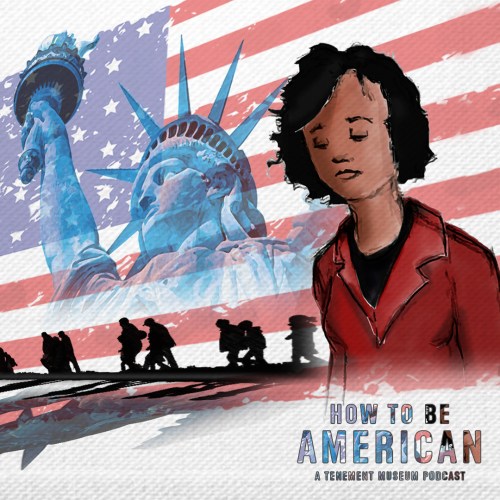
The podcast was meticulously planned, written, and produced by an in-house team at the museum for over a year. It was crafted so that the experience of listening to an episode closely reflects the experience of brick-and-mortar Tenement Museum programming, not so much in the content (more on that in a minute) but in the evocative storytelling, immersive framing, and seamless links made between experiences past and present.
As one recent iTunes reviewer put it, “If you don’t know about the museum, the podcast is a little like the way they’ve set up the experience…it reaches back across the centuries to connect us all across history, race and nationality.”
Each episode of How To Be American explores a particular facet of American identity, from food to comics to the actual process of immigrating and acquiring citizenship. It is hosted by Brendan Murphy, an education manager here at the museum, who weaves the narrative of each episode and interviews everyone from scholars to chefs to everyday Americans along the way. Our first episode was titled “I Would Cross a Million Borders” (each title is taken from a key quote from the episode), and is about how two women, one during the 1920s and one just a few years ago, were able to navigate the American immigration system and all its pitfalls. Our most recent episode, titled “Sing Like an American,” features composer Julia Wolfe in conversation with host Brendan Murphy and musicologist Sarah Tomasewski on what sounds and music shaped New York City and, on a larger scale, American culture and identity.
We’ve been blown away by how the podcast has been received so far, with it finding listeners in every state around the country and almost in every country in the world. As of the time of writing, the podcast has received forty-three thousand total downloads, surpassing our expectations.
How To Be American is not intended to replicate the tour experience and content found at the museum; rather, it takes the stories we preserve and uses them as a thread to explore a particular subject. The idea is not just that podcast listeners across the country learn something new about immigration and American identity, but also that listeners who have visited the museum can enhance their experience with exclusive content that complements and expands on the stories they heard on their apartment and neighborhood walking tours.
Any institution without a digital strategy is likely to go the way of the dinosaur in years to come, and entering the podcast world is simply our first step toward creating a completely new digital dimension to the museum’s programming. This is not only a natural next step for our museum, given our space constraints, but also a powerful tool in this particular political moment. It enables people all over the country (and world) to walk away with the perspective and understanding visitors to our physical museum gain: respect and admiration for the experiences of immigrants, migrants, and refugees past and present. With new technology enabling us to deliver our message far beyond the walls of the museum, the only boundary now is our creativity.
I encourage you to listen and subscribe to How To Be American on our website, Apple Podcasts, Stitcher, Spotify, or anywhere else you listen to podcasts!
About the author:
Kevin Jennings is President of the Tenement Museum. A known leader of nonprofit, governmental, and philanthropic entities with a track record of creating innovative and impactful programming, building highly functional and effective teams, and fundraising success.



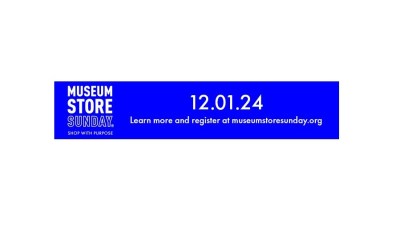
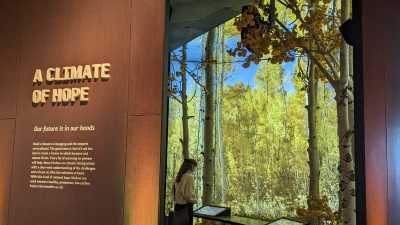
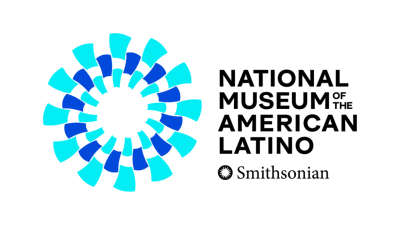

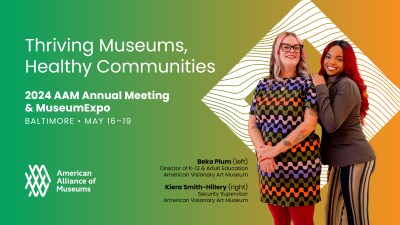

Comments